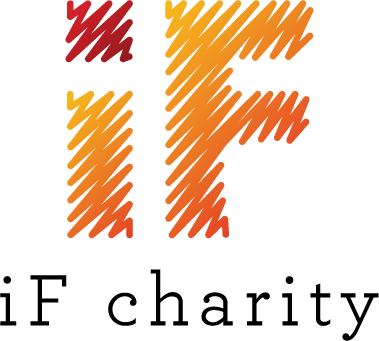Gaza: From the Nakba to Now
May 15, 2022

The Nakba, or ‘the Catastrophe’ is when over 750,000 Palestinians were forced to flee from their homes and become refugees. There are now more than 5 million Palestinian refugees registered with UNRWA and over 1.4 million of these are in the Gaza Strip.
There are 8 UNRWA refugee camps in Gaza that were established in the aftermath of the Nakba in 1948. Multiple generations of Palestinians in Gaza have lived as refugees, sometimes mere kilometres from their original ancestral homes.
The Gaza Strip has experienced occupation, repression, bombardments and siege. The people of Gaza have struggled to have safety and security since 1948. Every generation since has their own stories of fear, death and struggle in the face of occupation and settler or military violence.
Rahaf is just 10 years old. She is a clever girl who has learned how to speak excellent English and wants to become a doctor. Her family lost their home in May 2021.
“I would me more happy if I had my own stuff and could go back home.” Rahaf told us. Her father said that him and his wife both have chronic health issues and are been unable to work. The family are unable to afford better shelter and their home flooded in winter. He told us he worries for his three daughters and he does his best to keep their spirits up but losing their home was a huge shock. He has even taken to buying them toys and spending less on his own food to help his daughters who constantly talk about their destroyed home and struggle living in their temporary home.
Rahaf told us that she knows the Nakba is when Palestinian suffering started.
“My grandfather had a key, to his old home. He was from Beit Daras.”
Like her grandfather, Rahaf also lost her home. The humanitarian and refugee crisis caused by the Nakba continues to today. IF Charity reaffirms their commitment to working to provide humanitarian support and supporting vital services that improve the quality of life for people in Gaza. You can help us reach more families impacted by siege and violence and help ease their burdens.








